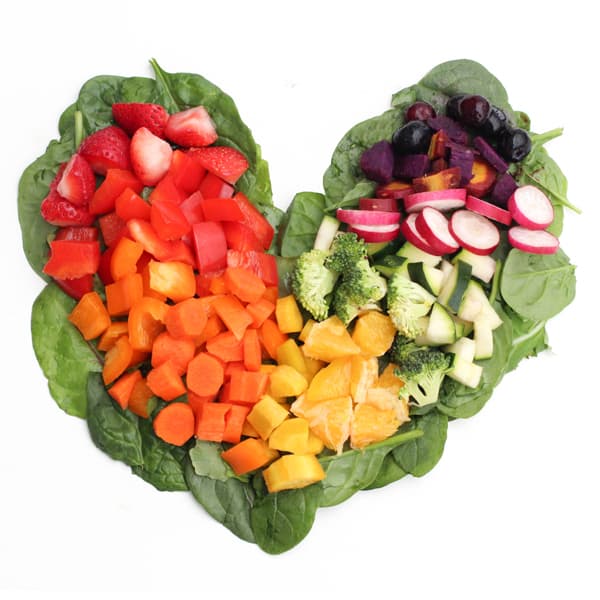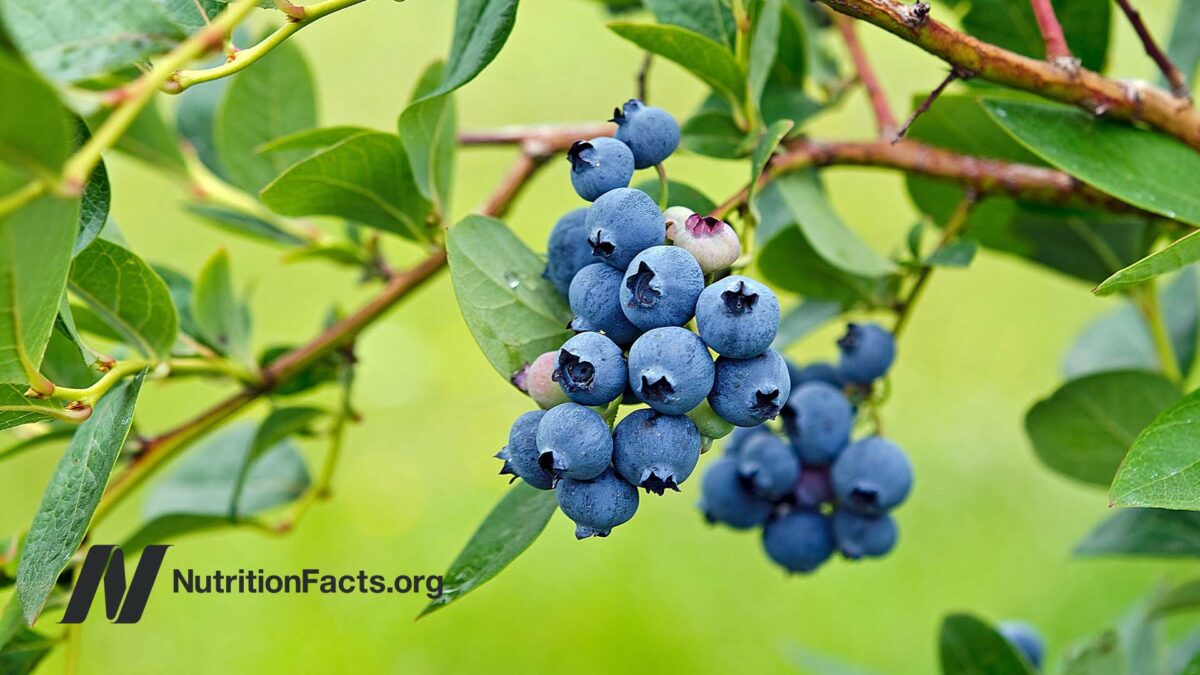
Skin Cancer
Medical authorities from the World Health Organization, the American Cancer Society, to the Surgeon General warn about excess sun exposure—and for good reason, given the millions of skin cancers and thousands of deaths diagnosed every year in the United States alone.
The UV rays in sunlight are considered to be a complete carcinogen, meaning they can not only initiate cancer, but promote its progression and spread. Melanoma is the scariest, which makes its rising incidence in young women especially alarming. The increase has been blamed on greater usage of tanning salons. Tanning beds and UV rays in general are class 1 carcinogens, like processed meat, and account for as many as three quarters of melanoma cases among young people and six times the risk of melanoma for those who visited tanning salons ten or more times before the age of 30.
I do not recommend tanning beds as they can be both ineffective and dangerous. The lamps emit mostly UVA which increases melanoma skin cancer risk without producing vitamin D.
Alcohol consumption may also play a role in skin cancer. Most of the cancers associated with alcohol use are in the digestive tract, from mouth cancer, throat cancer, and stomach cancer down to cancers of the liver and colon. These involve tissues with which alcohol comes in more direct contact. But why skin cancer?
Excessive alcohol drinking has been found to be associated with higher rates of sunburn, perhaps because heavy and binge drinking may be markers for an underlying willingness to ignore risks to our health and that breakdown products of alcohol in the body generate such massive numbers of free radicals that they eat up the antioxidants that protect our skin from the sun.
Plants produce their own protection against sun damage, and we can expropriate these built-in protectors by eating plants to function as cell protectors within our own bodies. One might say fruit and vegetables provide the best polypharmacy—the best drug store—against the development of cancer.
For substantiation of any statements of fact from the peer-reviewed medical literature, please see the associated videos below.
Popular Videos for Skin Cancer

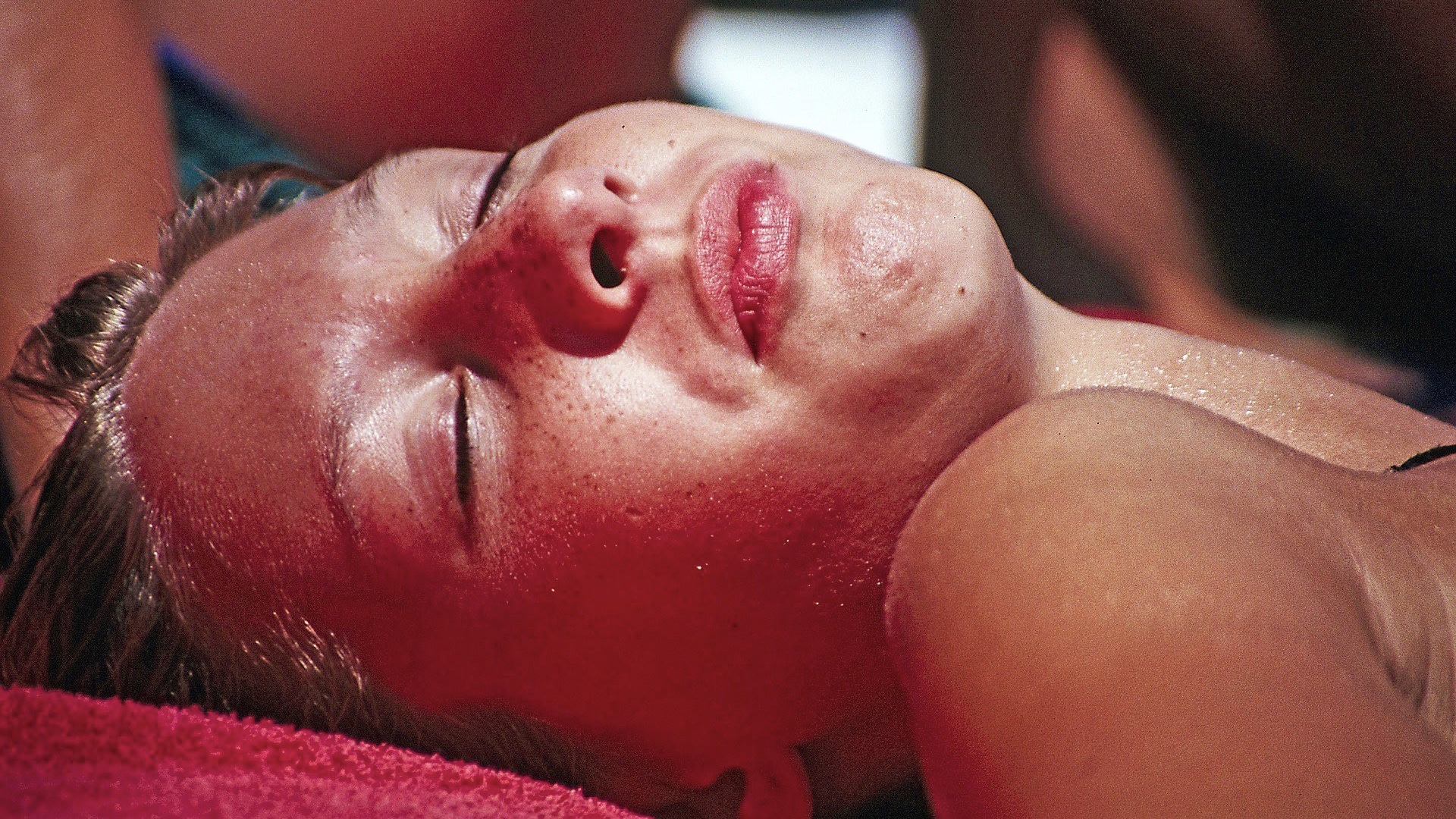
The Risks and Benefits of Sensible Sun Exposure
We don’t have to choose between the lesser of two evils: skin cancer versus internal...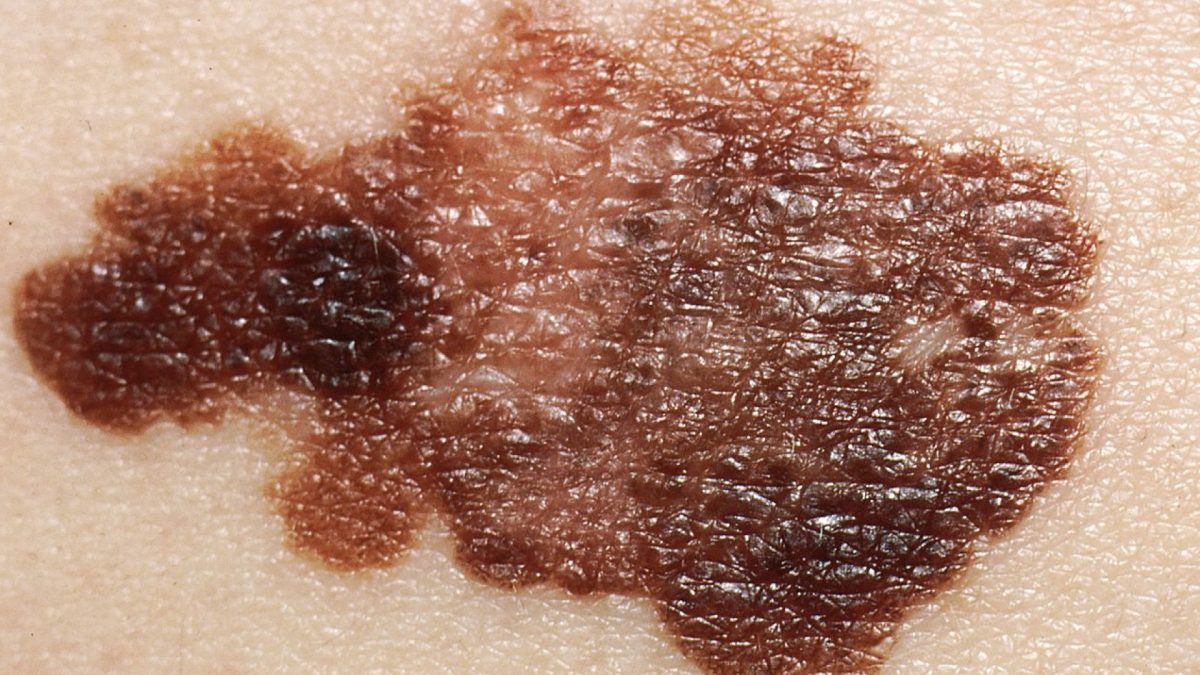
Black Salve as an Alternative Cancer Cure
Is black salve, a paste made from bloodroot, safe and effective for the treatment of...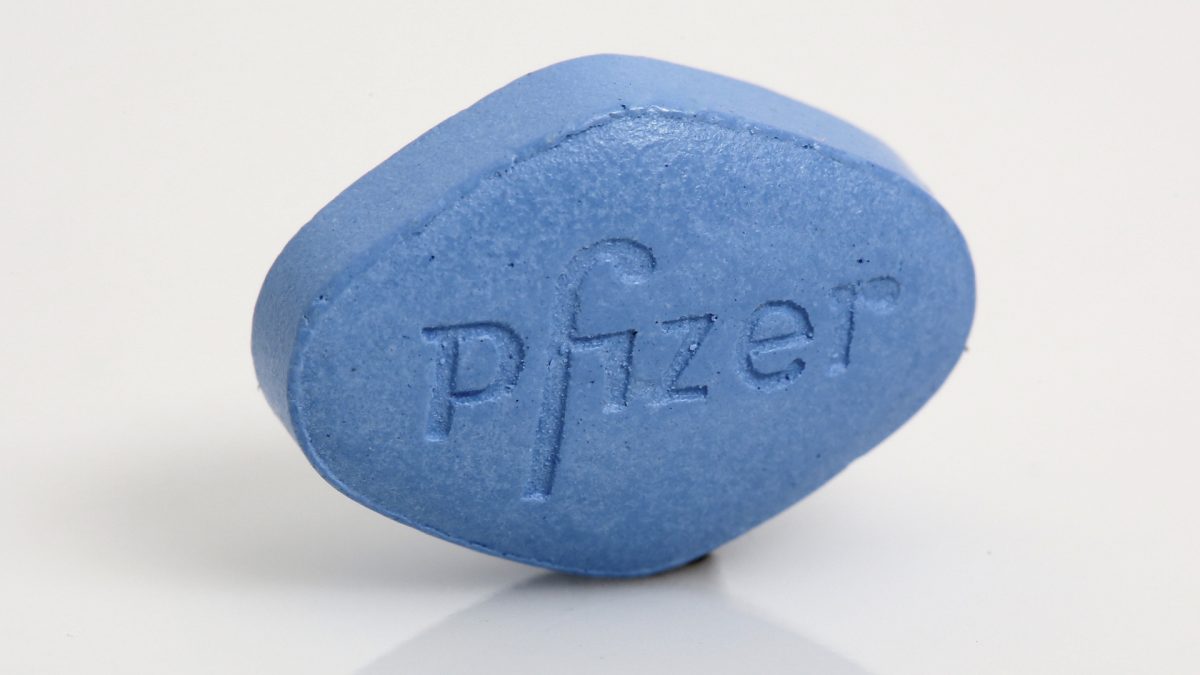
Viagra and Cancer
What is the role of erectile dysfunction drugs like Cialis and Levitra in the promotion...All Videos for Skin Cancer
-

Choosing the Safest and Most Effective Sunscreen (webinar recording)
Has sunscreen been proven to prevent skin aging and cancer?
-

Risks of NAD+ Boosting Supplements
Particular caution should be used for NAD+-boosting supplements by those with cancer, a personal or strong family history of cancer and perhaps also by those with inflammatory disorders and certain active infections.
-

Risks and Benefits of Nicotinamide (NAM), a NAD+ Booster
The metabolism of NAM may deplete our methylation capacity, interfering with the normal metabolism of hormones and neurotransmitters, and produce a neurotoxic compound in the process.
-

The Best Way to Boost NAD+: Supplements vs. Diet (webinar recording)
The pros and cons of all the NAD+ supplements and what are the ways to boost NAD+ naturally with diet and lifestyle?
-

The Trade-Off Between Fertility and Longevity, and Causes of Precocious Puberty
A century ago, the age of first menstruation averaged as late as nearly 17. Why is sexual maturity coming so much earlier now?
-

How to Prevent Skin Cancer with Diet
A randomized controlled trial found that a low-fat diet can result in a ten-fold lower skin cancer rate.
-

The Best Supplement to Prevent Skin Cancer
Oral nicotinamide has been shown to prevent skin cancers in high-risk patients and cause precancerous lesions to disappear.
-

The Best Type of Sunscreen to Use
The FDA has concluded that only two sunscreen ingredients can be considered safe: zinc oxide and titanium dioxide.
-

Does Sunscreen Cause or Prevent Skin Cancer?
Sunscreen is put to the test in a randomized controlled trial to see if it can actually prevent skin cancer.
-

The Benefits of Topical Vitamin C for Reversing Skin Aging
What are the pros and cons of alpha hydroxy acid lotions and chemical peels, as well as the roles of topical antioxidants vitamin E and C, in reversing the signs of aging?
-

The Benefits of Topical Niacinamide for Reversing Skin Aging
Niacinamide, a form of vitamin B3 also known as nicotinamide, is a precursor to two potent antioxidants that can help reverse signs of skin aging.
-

Topical Retinoids to Reverse Skin Aging
Tretinoin, also known as all-trans retinoic acid (sold under a variety of brands including Retin-A), can reverse the signs of aging, but at what cost?
-

What Is the Most Important Anti-Aging Cream Ingredient?
Most anti-aging creams may work no better than typical moisturizers.
-

Black Salve as an Alternative Cancer Cure
Is black salve, a paste made from bloodroot, safe and effective for the treatment of skin cancer?
-

Viagra and Cancer
What is the role of erectile dysfunction drugs like Cialis and Levitra in the promotion and progression of prostate cancer and melanoma?
-

Can Green Tea Help Treat Cancer?
A mixture of results have been reported using green tea to try to stop or reverse the progression of oral cancer, lung cancer, cervical cancer, and colon cancer.
-

The Risks and Benefits of Sensible Sun Exposure
We don’t have to choose between the lesser of two evils: skin cancer versus internal cancers from vitamin D deficiency.
-

The Best Way to Get Vitamin D: Sun, Supplements, or Salons?
If one is going to make an evolutionary argument for what a “natural” vitamin D level may be, how about getting vitamin D in the way nature intended—that is, from the sun instead of supplements?
-

Citrus Peels and Cancer: Zest for Life?
The reason eating citrus fruits appears to protect against cancer may be because of DNA repair enzyme-boosting powers of a compound concentrated in the peel.
-

Preventing Skin Cancer from the Inside Out
Eating antioxidant-rich foods can bolster skin protection and reduce sunburn redness by 40%, whereas alcohol can dramatically drop the level of antioxidants in the skin within 8 minutes of consumption.
-

How Many Glasses of Water Should We Drink a Day?
Based on the potential benefits of proper hydration such as reduced bladder cancer risk, how many cups of water should we strive to drink every day?
-

Topical Application of Turmeric Curcumin for Cancer
For accessible cancers such as skin, mouth, and vulva, the spice turmeric can be applied in an ointment. Note: there’s an image of ulcerating breast cancer from 3:03 to 3:09 that viewers may find disturbing.
-

Phytates for Rehabilitating Cancer Cells
Unlike most other anticancer agents, the phytates naturally found in whole plant foods may trigger cancer cell differentiation, causing them to revert back to behaving more like normal cells.
-

Turmeric Curcumin Reprogramming Cancer Cell Death
The spice turmeric appears to be able to switch back on the self-destruct mechanism within cancer cells.
-

Starving Cancer with Methionine Restriction
Methionine restriction—best achieved through a plant-based diet—may prove to have a major impact on patients with cancer because, unlike normal tissues, many human tumors require the amino acid methionine to grow.
-

The Inflammatory Meat Molecule Neu5Gc
Plant-based diets may help rheumatoid arthritis by decreasing exposure to an inflammatory compound found in animal products.
-

Cancer as an Autoimmune Disease
Because certain tumors such as breast cancers thrive in settings of low-grade inflammation, our immune response can sometimes facilitate tumor growth.
-

Treating Gorlin Syndrome with Green Tea
Gorlin Syndrome, also known as basal cell nevus syndrome, is a rare genetic condition in which one’s body becomes covered in skin cancers. An astounding case is reported of a woman suffering from the syndrome, whose cancer progression was apparently reversed with topical green tea body wraps.
